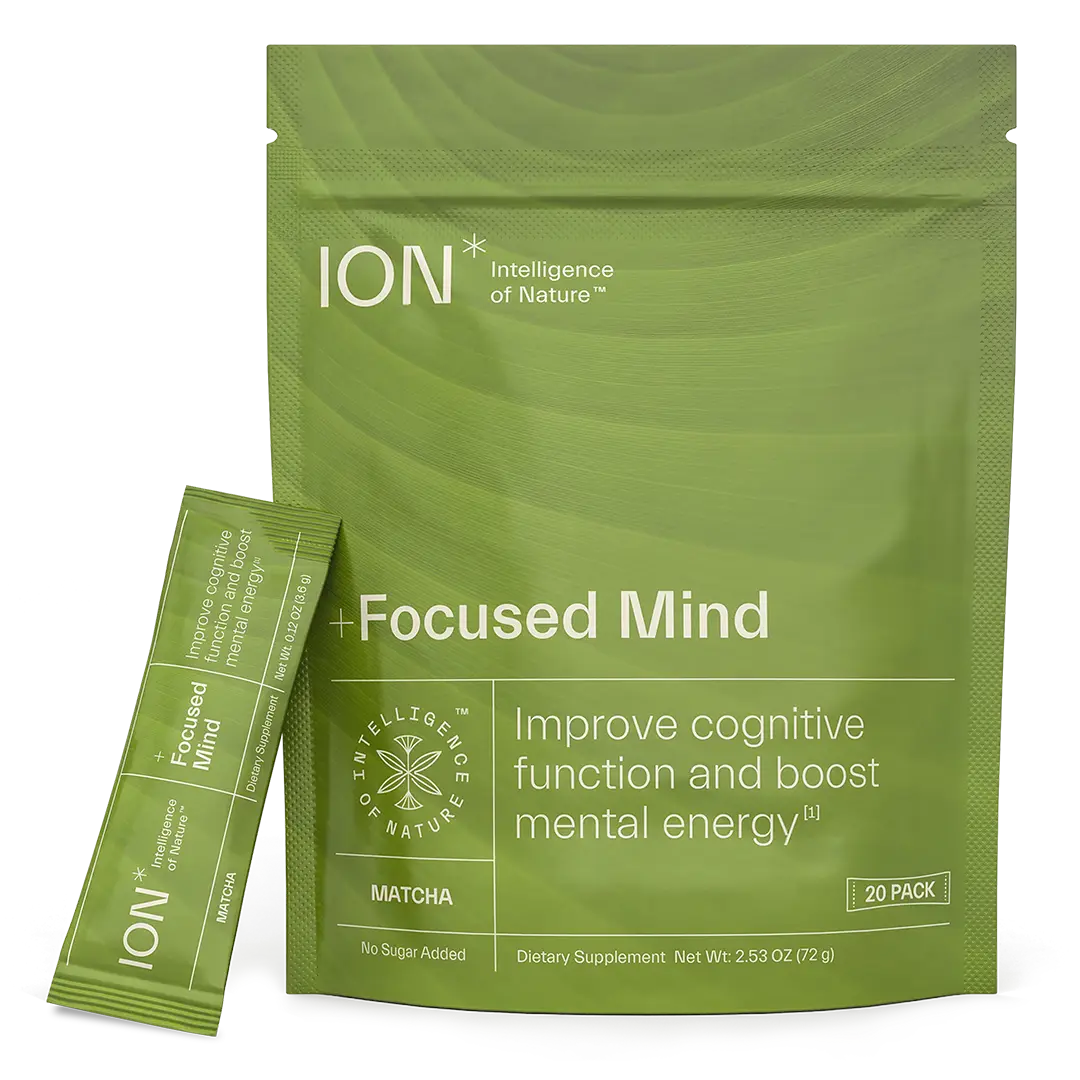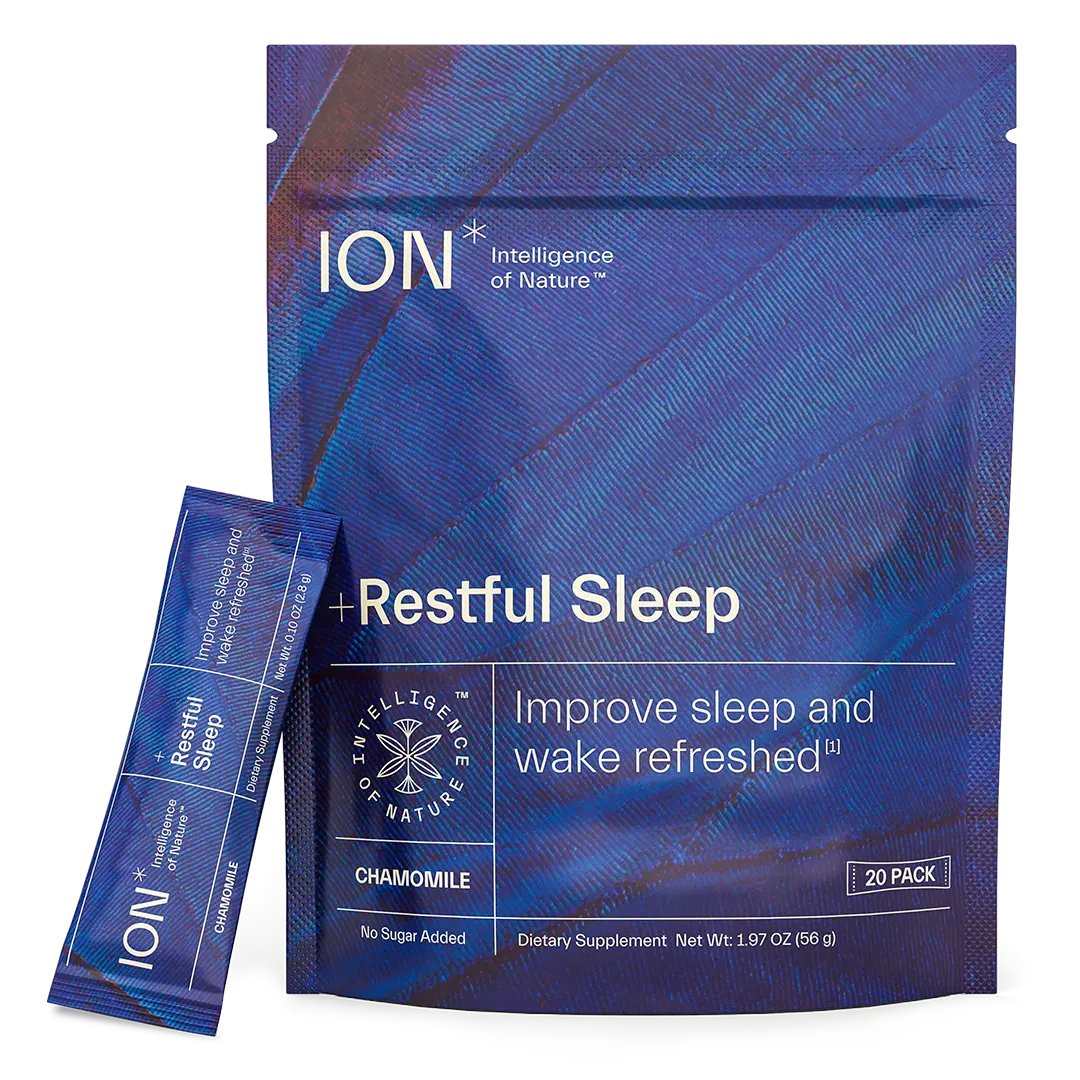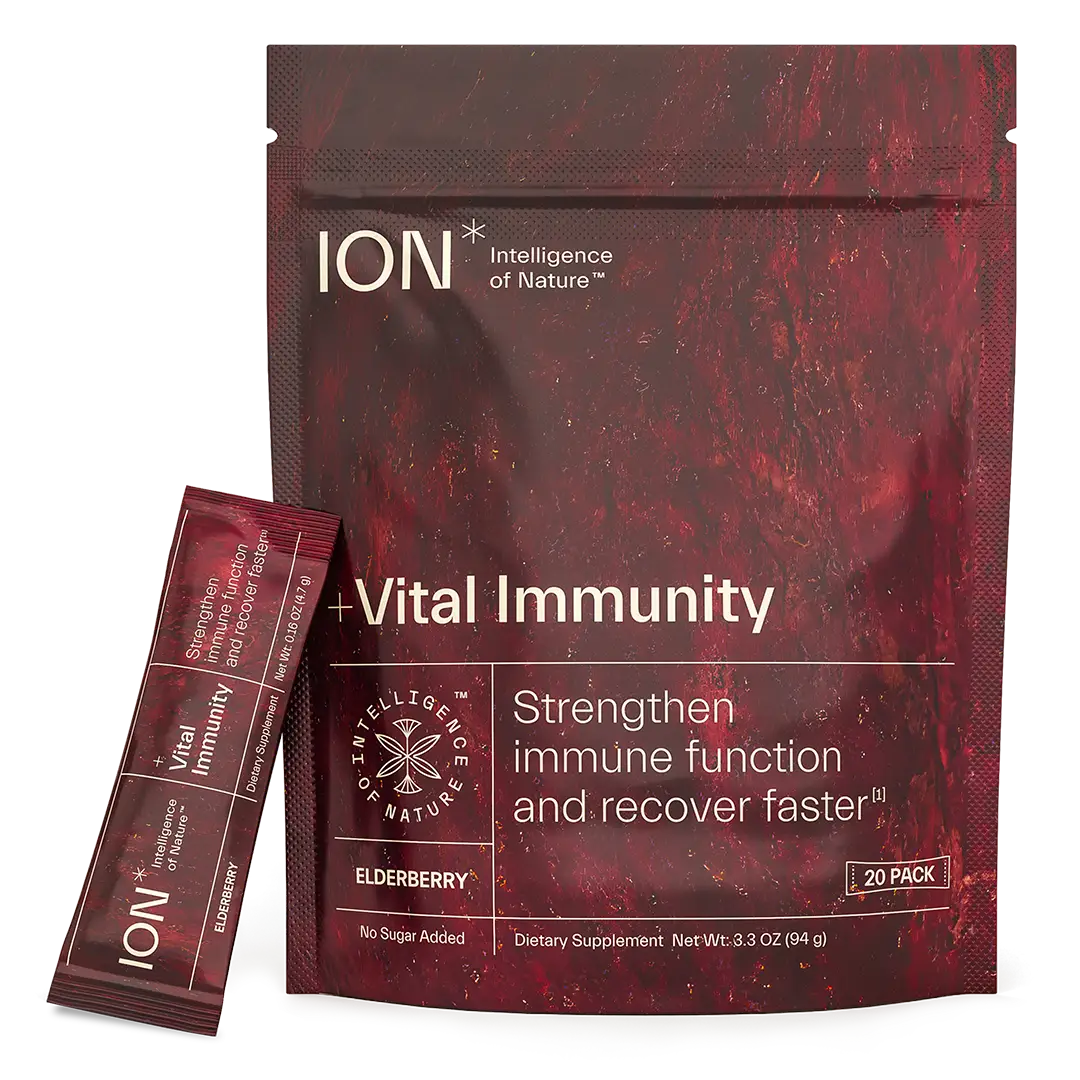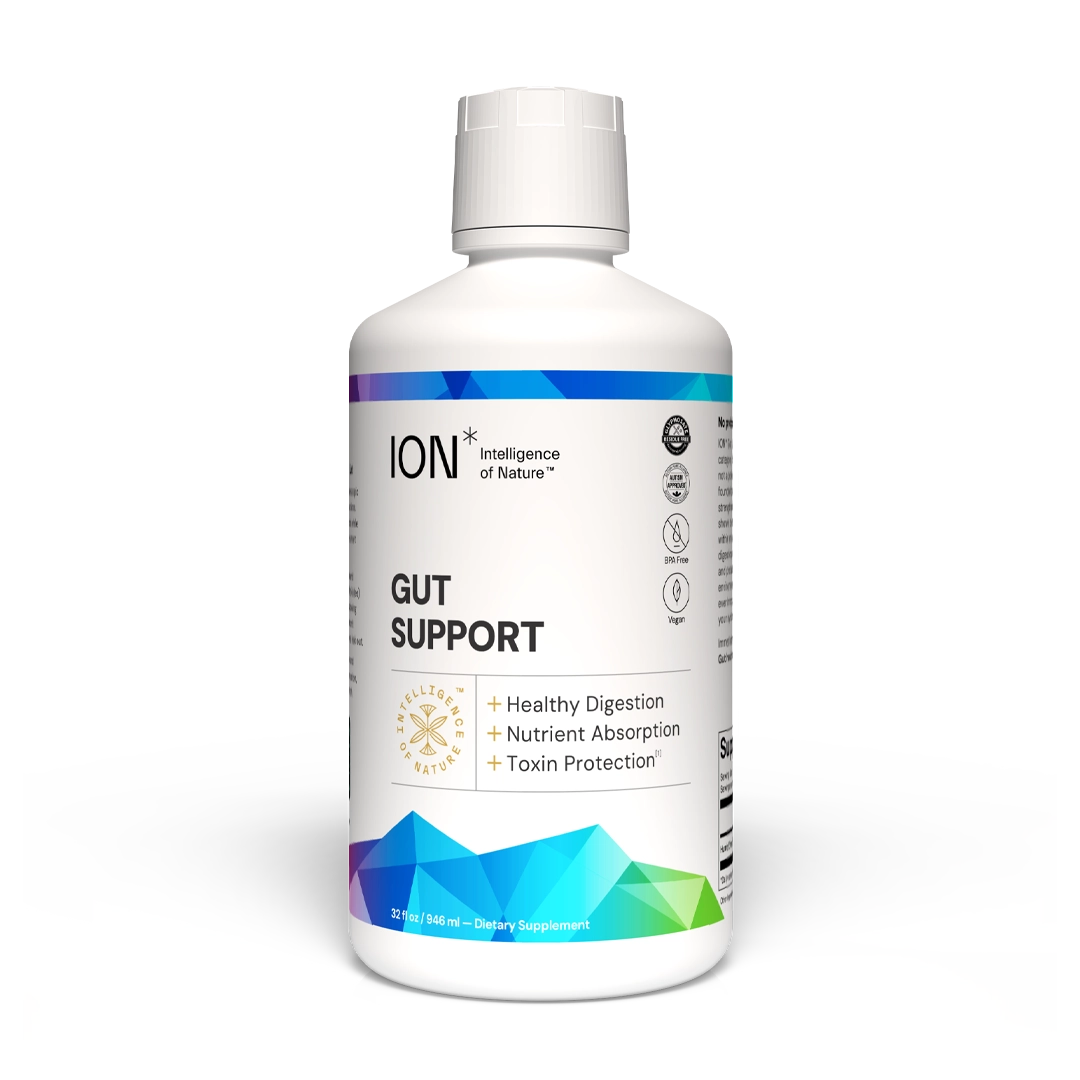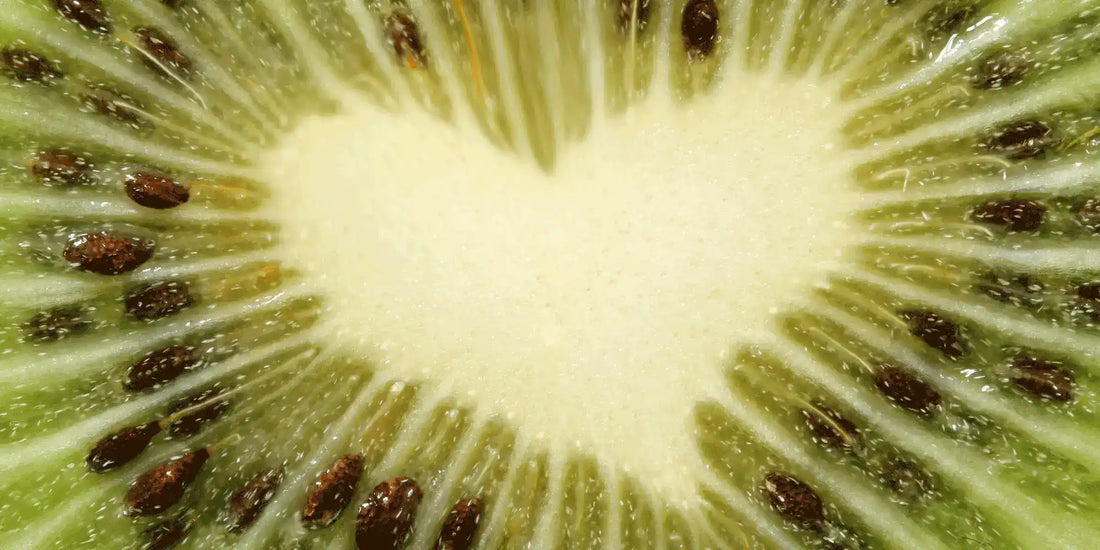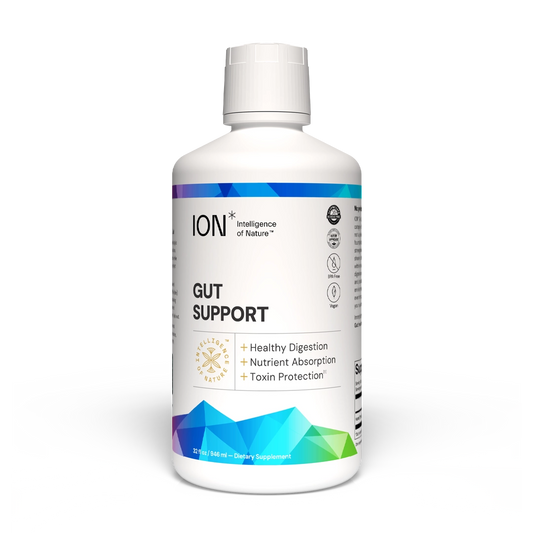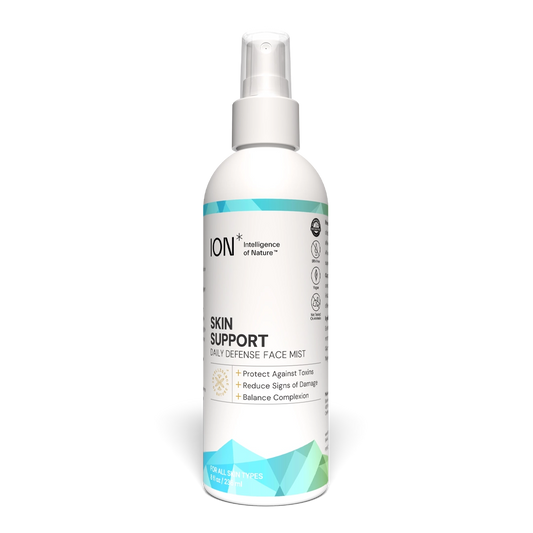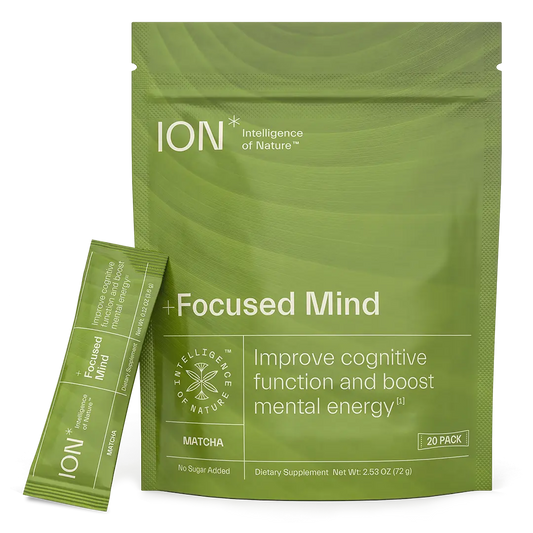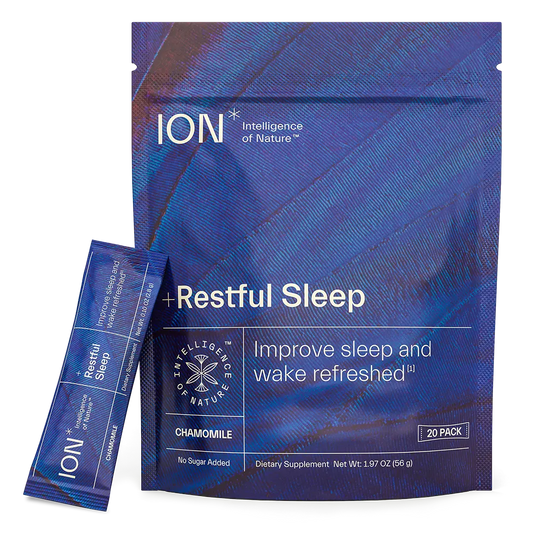Okay, "love" may be a stretch but "connection" is spot on.
In all seriousness, your heart and your gut have more crossover than you may think, certainly more than idioms about following one and listening to the other. While they’re both independently important for everyday wellness and a healthy, long life, the gut and heart connection is proving to be a powerful one.
Of course, the importance of your heart and its health is quite clear.
…if it didn’t function, you wouldn't be reading these words.
Your gut’s health, however, is almost as vital for your overall well-being on a day-to-day and a lifelong basis, but its function isn’t always as obvious as a constant beat you can physically feel. We know the gut is in charge of digestion, the essential and complex process of turning food into nutrients and energy, while also eliminating waste that’s not needed. But on top of this incredibly important function, your gut has so much more involvement with your overall health than you may realize at first blush.
Surprisingly, the gut is intricately and intimately, in both large and small parts, responsible for robust immunity, brain function, mental clarity, mood, and sleep regulation. And now? Well, emerging research shows that we probably need to add cardiovascular health to that long list as well.
There are several reasons for this, including the connection between the gut microbiome and cholesterol, the gut and the transport of important nutrients through the vascular system, and, very critically, gut health and its production of chemicals that can be beneficial (or not) for your health, well-being, and even life expectancy.
To expand on that third point: research shows that the state of your microbiome could affect your mortality risk. Without overcomplicating it, if your gut microbiome–the place where all the bacteria, viruses, and fungi live that help our body thrive–is thrown out of balance (easy to do in our modern world), then "bad" bacteria may be able to multiply and cause gut issues.
To be frank, this is quite common. So common, in fact, that over 80% of adults are currently suffering with some sort of gastrointestinal distress or gut damage symptoms. But that’s not the end of it. In addition to the usual stomach upset suspects–bloating, gas, and indigestion–there’s a more concerning outcome from a poorly diversified, less-than-thriving gut microbiome.
There’s also an opportunity for dangerous bacteria to take hold, including some that even produce chemicals that are harmful to your health–even your life. Chemicals like Trimethylamine N-oxide, or TMAO, an amine oxide created through gut microbial metabolism.
TMAO is produced by specific gut bacteria when we eat certain animal products, including eggs and red meat. We’re seeing high TMAO levels connected to heart failure, atherosclerosis (plaque build up), heart attack, and stroke.
These correlated risks with TMAO aren’t a vague understanding, either. Studies have shown death risk increased proportionally with levels of TMAO, not just high levels of TMAO in general–even taking into account other risk differences (blood pressure, cholesterol, and triglycerides).
Not to mention, studies show eating one (1.1 to be exact) servings of red meat every day has a 22% higher risk of heart disease compared to those who ate less. While not a smoking gun, it’s an important connection to take into account regarding gut health and heart health.
And that’s just one stark reminder to us all that gut health and heart health are important and, intrinsically connected.
Science is looking at ways this heart and gut connection can be studied further to help us protect ourselves in the future. Because TMAO creation relies on a specific gut bacteria, a balanced gut microbiome could help diversify microbes and result in fewer TMAO-producing bugs. We could even hope to find bacteria that help to fight TMAO directly, hitting the problem on both sides. On that front, we’re already making strides.
In a recent study, mice were given gut bacteria that consumes TMAO as its food source. The results? Lower levels of TMAO in the mices’ blood (makes sense) and, more encouragingly, a decrease in the amount of dangerous atherosclerotic (plaque) build up. There are no human studies yet, but it is a promising lead.
While we wait for more research to be conducted, the good news is that while over consuming animal products produce harmful TMAO and can hurt gut and overall health, there is a sort of inverse situation. That is, there are also foods you can eat to help your gut health. Fiber, for example. Eating fiber rich foods is very beneficial for your gut health specifically as fiber feeds good gut bacteria, helping them flourish in your microbiome and aiding in a happier, healthier gut.
Indeed, it makes sense a healthy and diverse diet is important for a healthy and diverse microbiome. And, perhaps unsurprisingly, stress management and exercise can also improve gut health.
But there’s no perfect diet, no quintessential exercise regimen, no ideal meditation to help you achieve gut great health without really addressing the heart of the matter (forgive the word play). That is, the very foundational health of your gut. Which is always under fire, thanks to environmental toxin exposure, pesticides, and antibiotics (to name a few)! For many of us, there’s just more gut-harming substances thrown our way than the gut can keep up with.
That’s why one of the best things you can do for your gut is support it at the source to protect itself, so to speak. And that’s where ION* Gut Support can make all the difference.
For starters, what ION* is not is as important as what it is. ION* Gut Support isn’t a probiotic or prebiotic. It’s not a supplement that adds anything new to your system. It is entirely different.
ION* works within your gut tissue to actually strengthen your intestinal walls on the foundational level, tightening cellular junctions to keep nutrients in and toxins out, and create a better environment for your microbiome to become a better place for good, beneficial microbes to diversify and thrive.
ION* was created to help your gut work the way Mother Nature intended. And in a one-two-punch, ION* Gut Support is both scientifically proven and all-natural.
Taking ION* Gut Support as part of your daily health ritual helps your whole gut, holistically, which helps just about everything else related to your health, too. Because when your gut is healthier, it can do everything it’s supposed to do better: immune function, digestion, mood, and yes… even cardiovascular health.
Try ION* Gut Support for yourself and see the difference it can make.
You may even have a … change of heart.
(Okay, last one, promise.)
